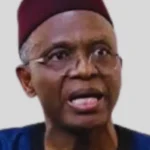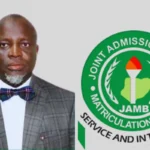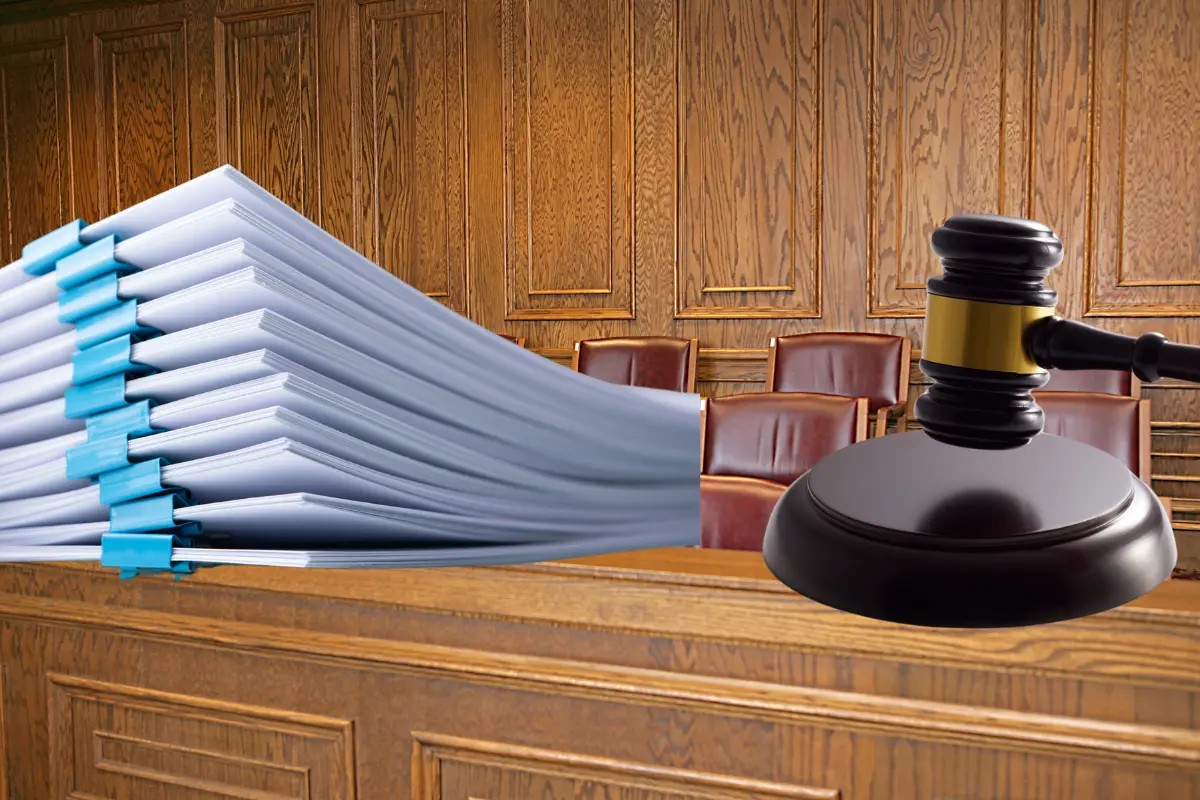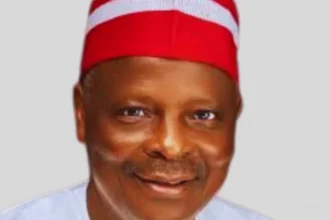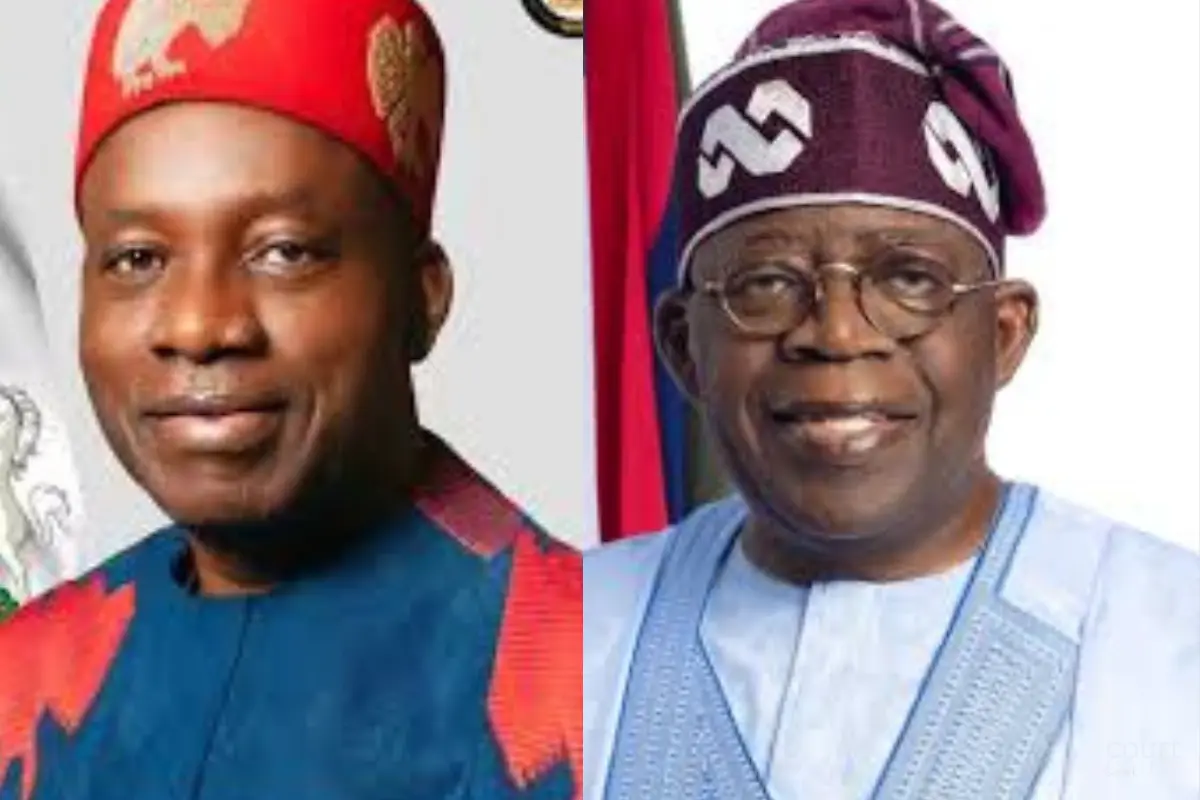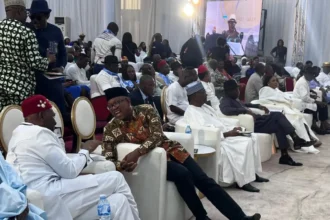Nigerian President Bola Tinubu, who serves as the Chairman of the Economic Community of West African States (ECOWAS), has reaffirmed the blocs commitment to free trade and movement with Mali, Niger, and Burkina Faso. However, he emphasized ECOWAS’s uncompromising stance against unconstitutional governments, maintaining that regional stability and democratic governance remain priorities.
This announcement comes despite the suspension of the three nations from ECOWAS following military coups that ousted their respective governments. ECOWAS had previously threatened to take military action against Niger after its coup in July 2023.
In Mali, the political crisis began in August 2020, when the Malian military, led by Colonel Assimi Goïta, ousted President Ibrahim Boubacar Keïta, citing corruption and mismanagement. Goïta has since taken significant steps to stabilize the country, including reforms in governance and a crackdown on insurgency groups.
In Burkina faso, on January 2022, a military coup overthrew President Roch Marc Christian Kaboré, and Captain Ibrahim Traoré emerged as the interim leader. Traoré’s administration has focused on combating terrorism and addressing the nations deepening security challenges.
In Niger, most recently, in July 2023, Nigers President Mohamed Bazoum was deposed in a coup led by General Abdourahamane Tchiani, head of the presidential guard. Since then, Tchiani’s leadership has emphasized sovereignty and resistance to foreign interference, particularly from former colonial powers.
Following the military coups, ECOWAS suspended Mali, Niger, and Burkina Faso from the regional bloc. The suspension was accompanied by sanctions and, in NIGER’s case, a threat of military intervention. ECOWAS’s position sparked debate across the region, with some supporting the blocs tough stance and others urging a focus on diplomacy to avoid escalating tensions.
During German President Frank-Walter Steinmeier’s state visit to Abuja on Wednesday, Tinubu stressed the importance of ECOWAS’s role in balancing governance issues with economic and social considerations.
“Our relationship of mutual respect will continue as we reassess the situation in the three countries. What I can assure you is that we will not tolerate unconstitutional governments,” Tinubu stated.
He added, “We will allow free movement and trade. Although the transition programme remains uncertain, we will not punish innocent citizens as they do not hold power.”
Tinubu reaffirmed ECOWAS’s commitment to prioritizing the well-being of citizens and promoting diplomacy. “This is what ECOWAS stands for. Whatever is happening in these countries, we remain mindful of the well-being of the citizens,” he said.
Steinmeier also lauded ECOWAS’s diplomatic efforts and urged continued cooperation to address economic and security challenges in West Africa.
“It is not an easy task, but you must use diplomacy to maintain unity within the commission and the region,” he remarked.
Despite international isolation, the military leaders in Mali, Niger, and Burkina Faso have focused on various developmental and security initiatives. In Mali, efforts have been made to reform governance and reduce insurgency related violence. Burkina Faso has ramped up military operations to combat terrorism, while Niger has been advocating for self-reliance and sovereignty in its dealings with foreign powers.
ECOWAS’s latest stance reflects its strategic balance of diplomacy and firmness. While advocating for democratic governance, it also underscores the importance of regional trade and integration to support citizens in these countries. As West Africa navigates these challenges, the bloc’s ability to maintain unity and stability will remain pivotal.




